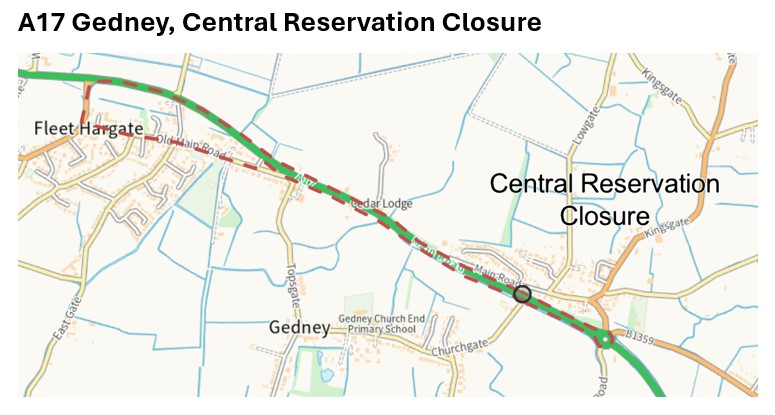A man whose body was found in the River Welland in November was thought to have been intoxicated when he entered the water.
An inquest into the death of John Edward Little (68) of Cowbit heard that he’d last been seen drinking in The Ivy Wall in Spalding on November 28, 2017.
The hearing at Lincolnshire Coroner’s Court was told a blood sample at the post-mortem indicated that the alcohol in his system was so high it was likely to have left him with “an inability to stand or walk” and “impair his consciousness”.
The inquest heard that Yvonne England, who described herself to officers as Mr Little’s companion, had she had not seen Mr Little since between 3.30pm and 4.30pm on November 28 when he’d left to to go the Weatherspoon’s public house on New Road.
Ms England, who the inquest was told had since passed away, commented to the police that Mr Little “often drank to excess and would stay at The Red Lion”. Police found that establishment had no record of him staying that evening.
Mr Little’s wallet was found on the river bank near to the bridge adjacent to the entrance of the junction with Balmoral Road, close also to where Lincolnshire Police’s Detective Inspector David Rimmer said officers had found an area of grass and reeds that had recently been flattened.
The body was initially spotted in the river between Water Lane and Welland Road the following morning by a pupil on her way to school, but an attending officer was unable to locate it.
Another witness, Kenneth Dowson, reported the body near to Ayscoughfee School at 10.43am and stayed on the phone until officers attended.
The inquest heard that examinations of Mr Little’s body and clothes showed no signs of him being assaulted and that there were no signs of him having had anything stolen.
A search of his home also provided no evidence he planned to take his own life.
The post-mortem read out at the inquest stated that the most likely cause of death was from a heart attack as a result of falling into the water.
Mr little’s son-in-law Roger Spicer attended the hearing and questioned the depth of the police’s investigations but Inspector Rimmer defended officers’ findings.
He told the hearing: “It was a damp November night when there was a good deal of condensation. You could presume the grass would have been slippy.”
“The deceased did have an alcohol level of 225 milligrammes per 100 millilitres of blood. This is nearly three times the drink drive limit,” Mr Rimmer continued.
“It should be noted that the post-mortem was seven days after death including a likelihood of around 10 to 14 hours in the River Welland. It would be expected that there would be some dissipation of alcohol in the blood during this period.
“When the facts are examined, we have a man who liked to drink to excess with alcohol in his body at the time of post-mortem which is nearly three times the drink drive limit, his wallet is on the floor, a shoe lace undone and grass and reeds crushed on the river bank.
“On a balance of probabilities this presents that the most likely scenario is that during a drunken episode the deceased has fallen into the river.
“It may be he was trying to look in his wallet or tie up his shoe lace (one of which was found undone) at the time and lost balance due to his level of intoxication.”
Delivering a narrative conclusion, Lincolnshire coroner Murray Spittal said: “Despite the police enquiries no-one saw Mr Little enter the water and the circumstances are unclear.
“I’m satisfied the police investigation excludes the possibility of any criminal activity.
“I can safely reach the conclusion that the level of alcohol was related to Mr Little’s death.
“Mr Little died as a result of entering the River Welland. He had substantial alcohol levels in his blood at the time.
“How he came to be in the river has not been ascertained and its unlikely ever to be ascertained.”







